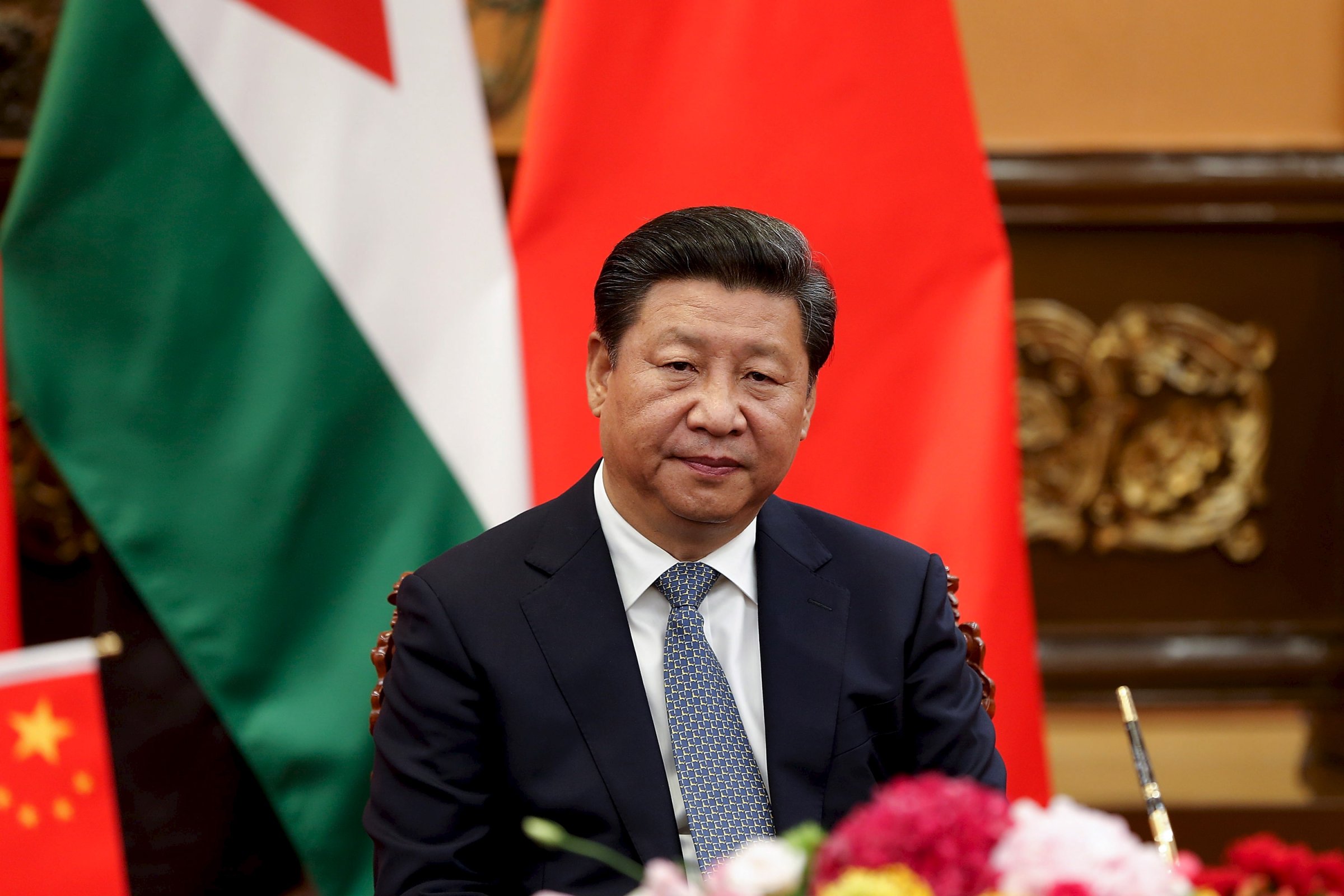
As Chinese President Xi Jinping begins his long awaited visit to the U.S., there will be plenty for him to discuss with President Obama–trade issues, cyber-security, conflict in the South China Seas, and so on. One topic that has gotten less attention, but should be top of mind: monetary policy. That’s because what’s happening in China right now has limited the ability of the Federal Reserve Bank to do what’s right for the American economy.
In important ways, China now controls U.S. monetary policy. What happens in the Middle Kingdom affects the decisions that Fed chair Janet Yellen can make about whether to raise or lower interest rates. We saw this just a few days ago when the Fed held fire on a long awaited hike in rates (despite the fact that the U.S. is at full employment) because of global economic headwinds emanating from China, most particularly the disinflationary effect that slower Chinese growth has on the world. Yellen needs inflation to be higher–and in particular, she’d like to see wage inflation be higher–before raising rates. Yet there’s no indication that will happen anytime soon, and China is a big reason why.
As I wrote a couple of weeks back, the economic slowdown in China and the crash of the Chinese equity market (which is a symptom of the former, not a cause) is really the echo of 2008. When American consumers stopped buying stuff after the subprime crisis, China tried to take up the slack in the form of a massive government stimulus program. This meant a major run up in debt. A few years back, it took a dollar of debt to create every dollar of growth in China. Now it takes four times that. The debt-to-GDP ratio in China is a nauseating 300%. (American debt hawks worry about our rate, which is less than a third of that.)
See China's Epic Parade Commemorating the End of World War II
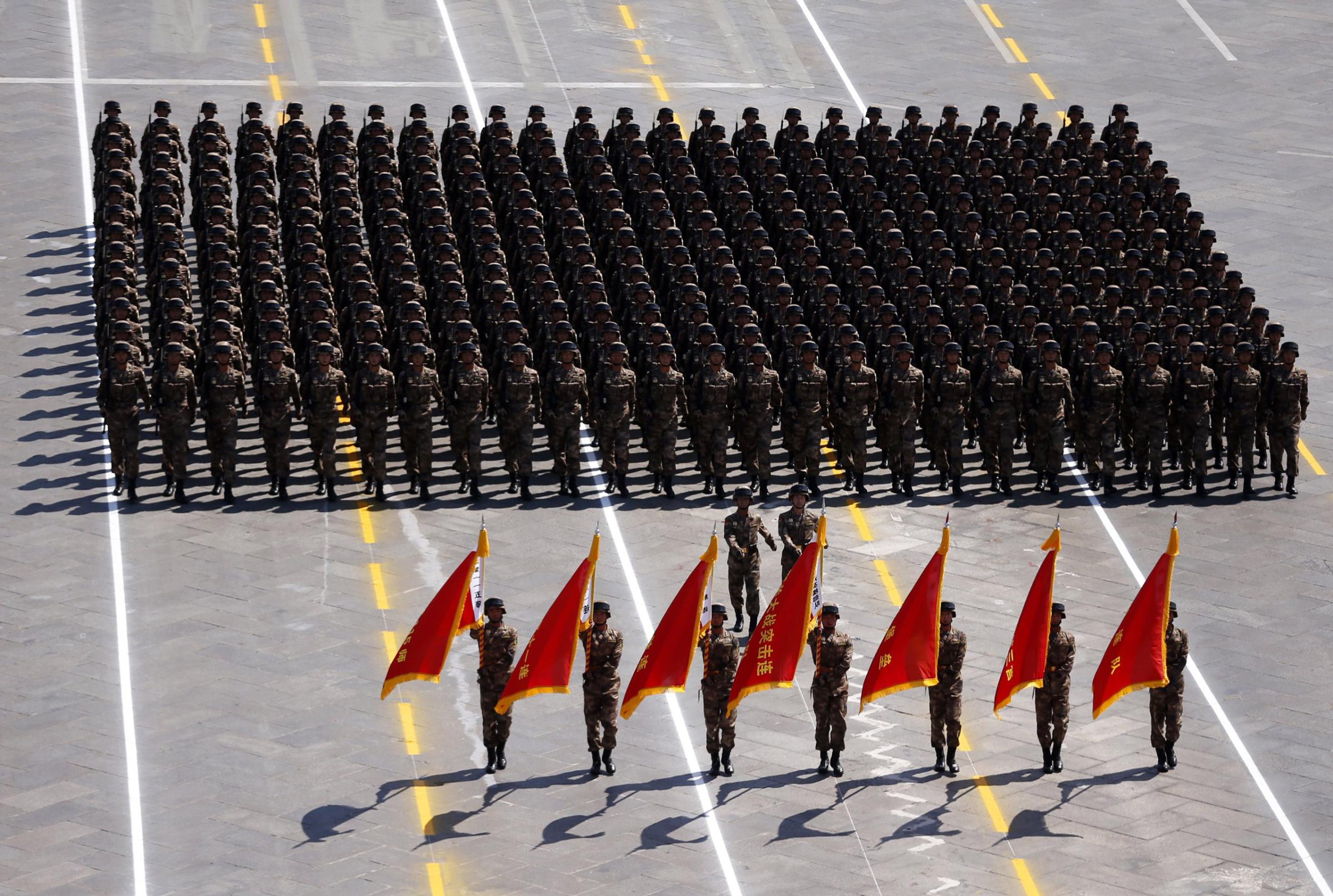

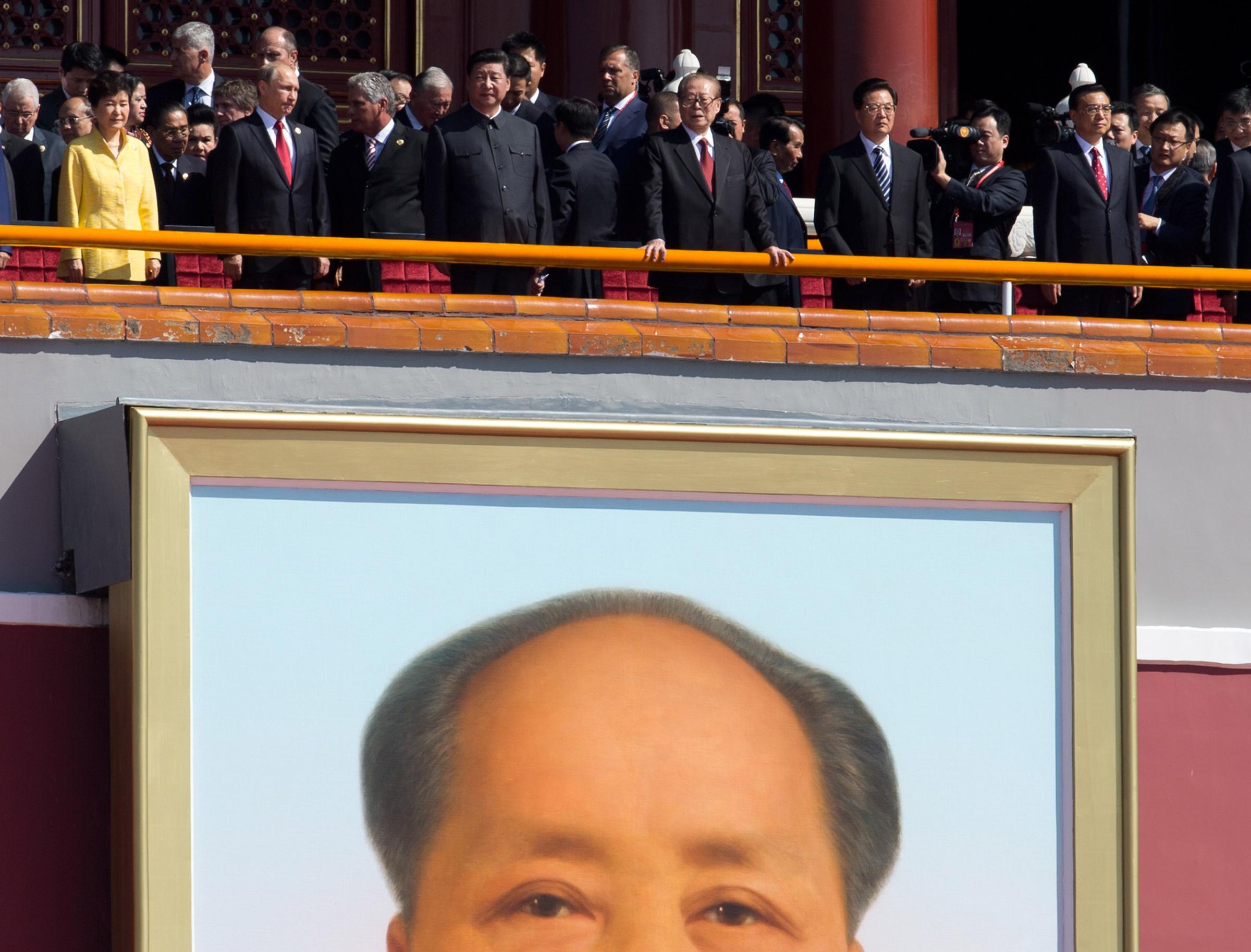
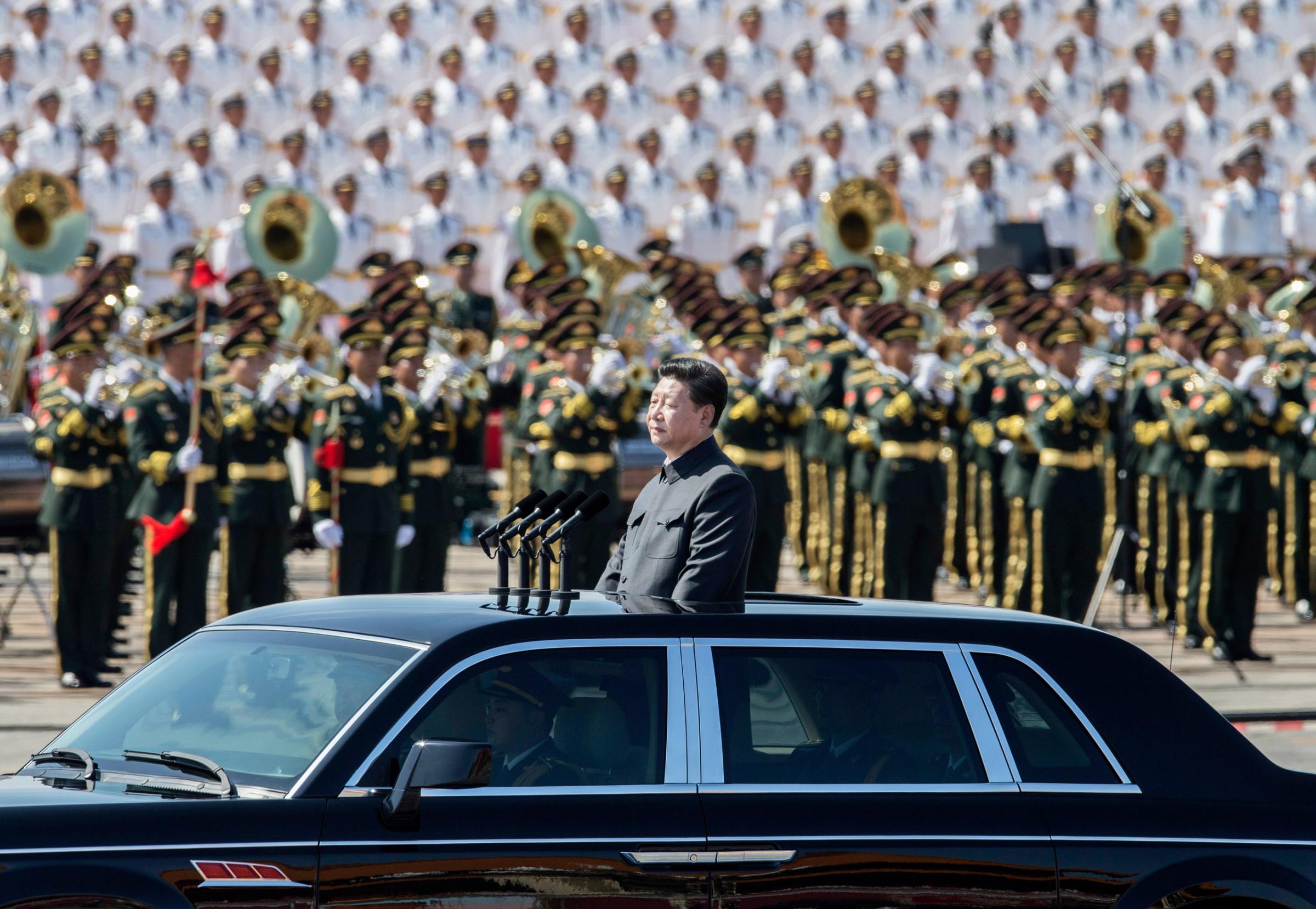

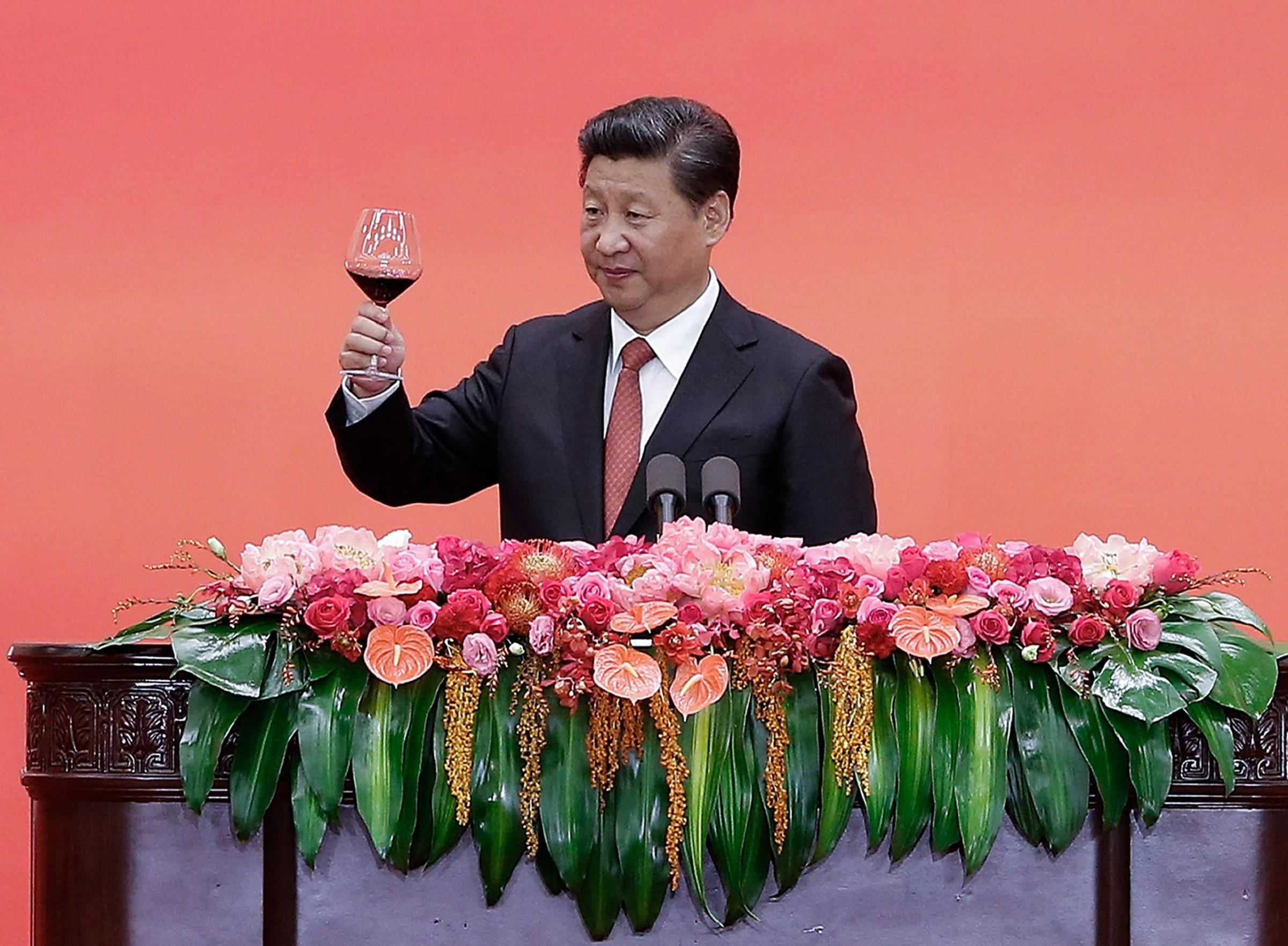
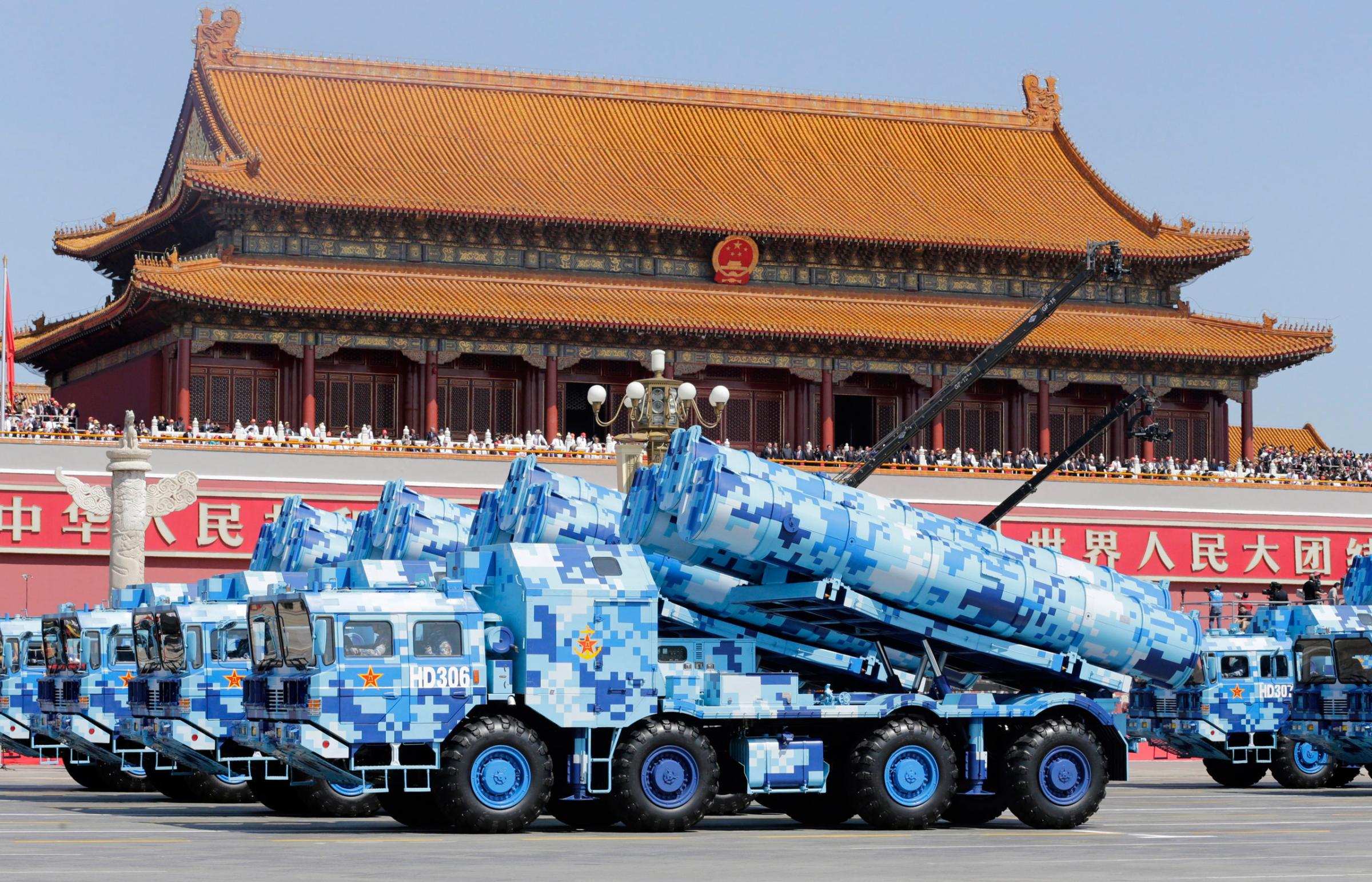
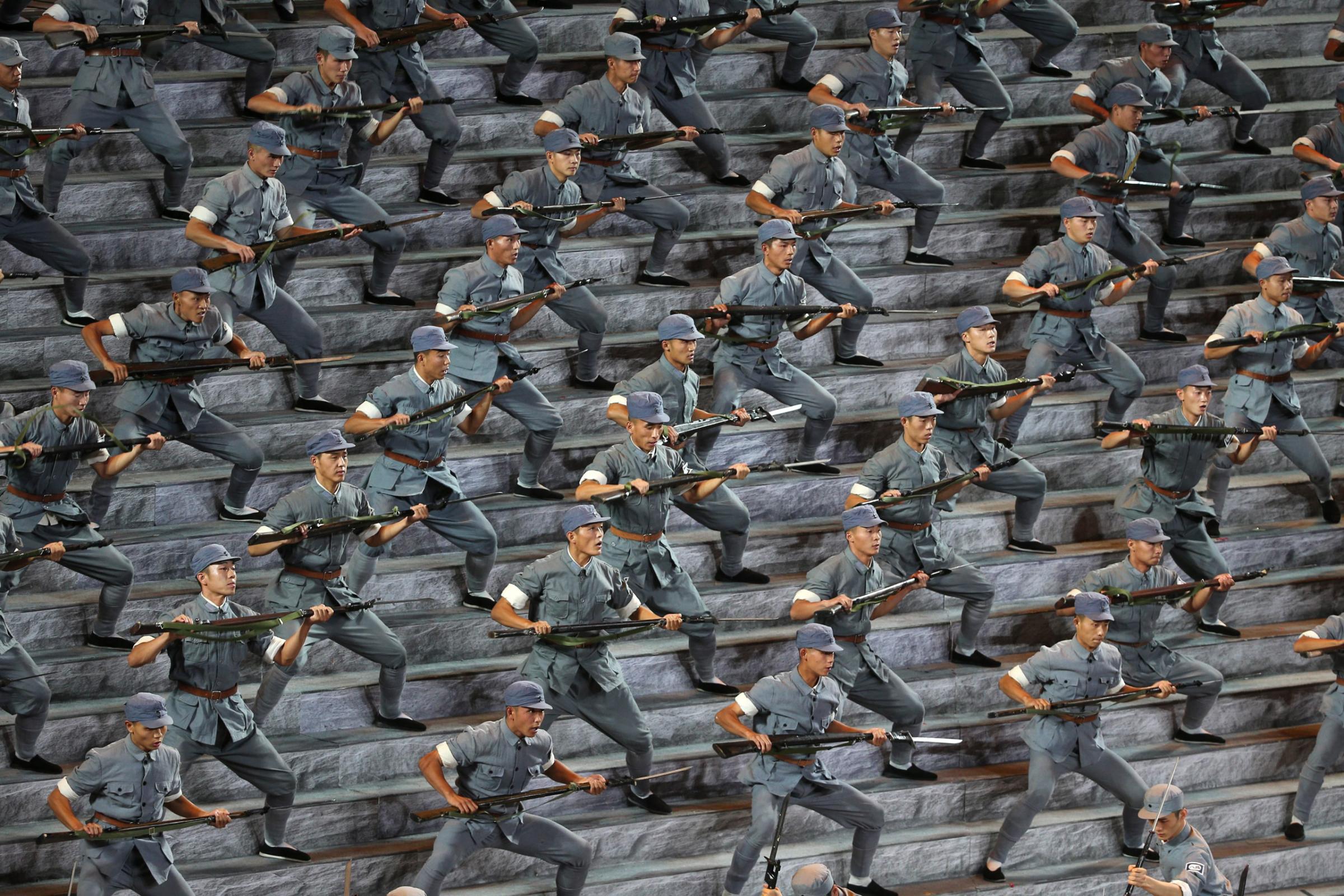
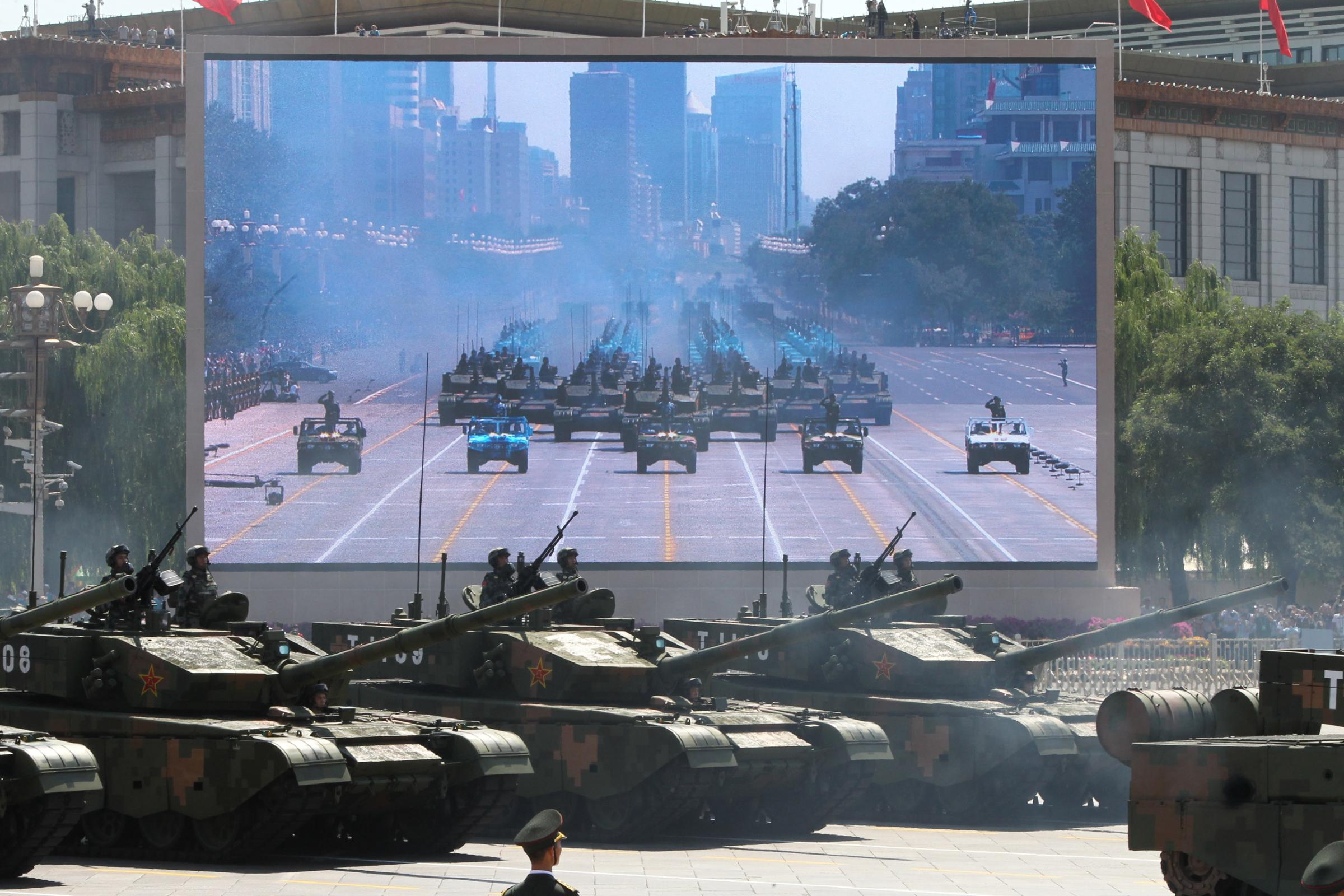
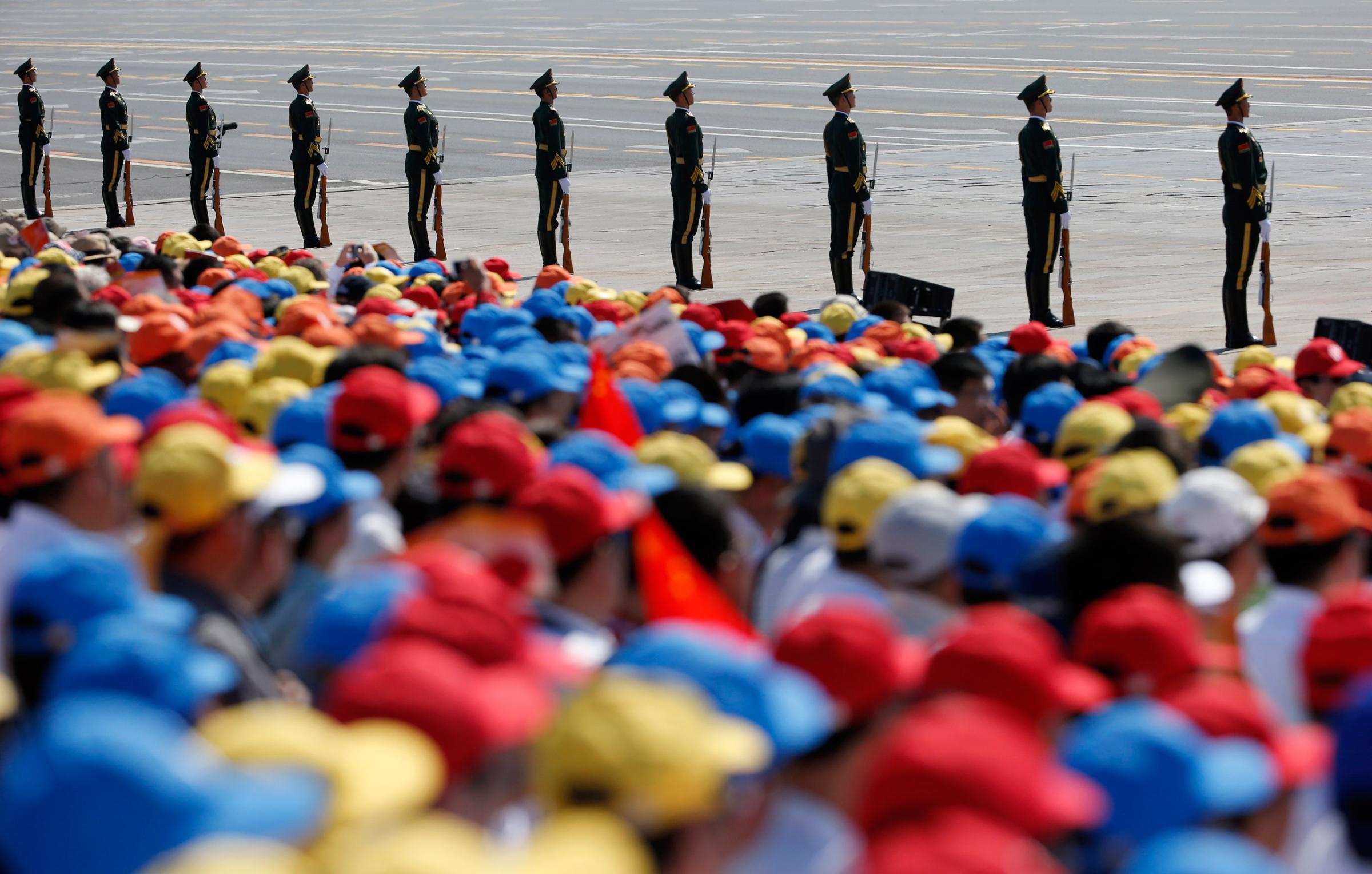
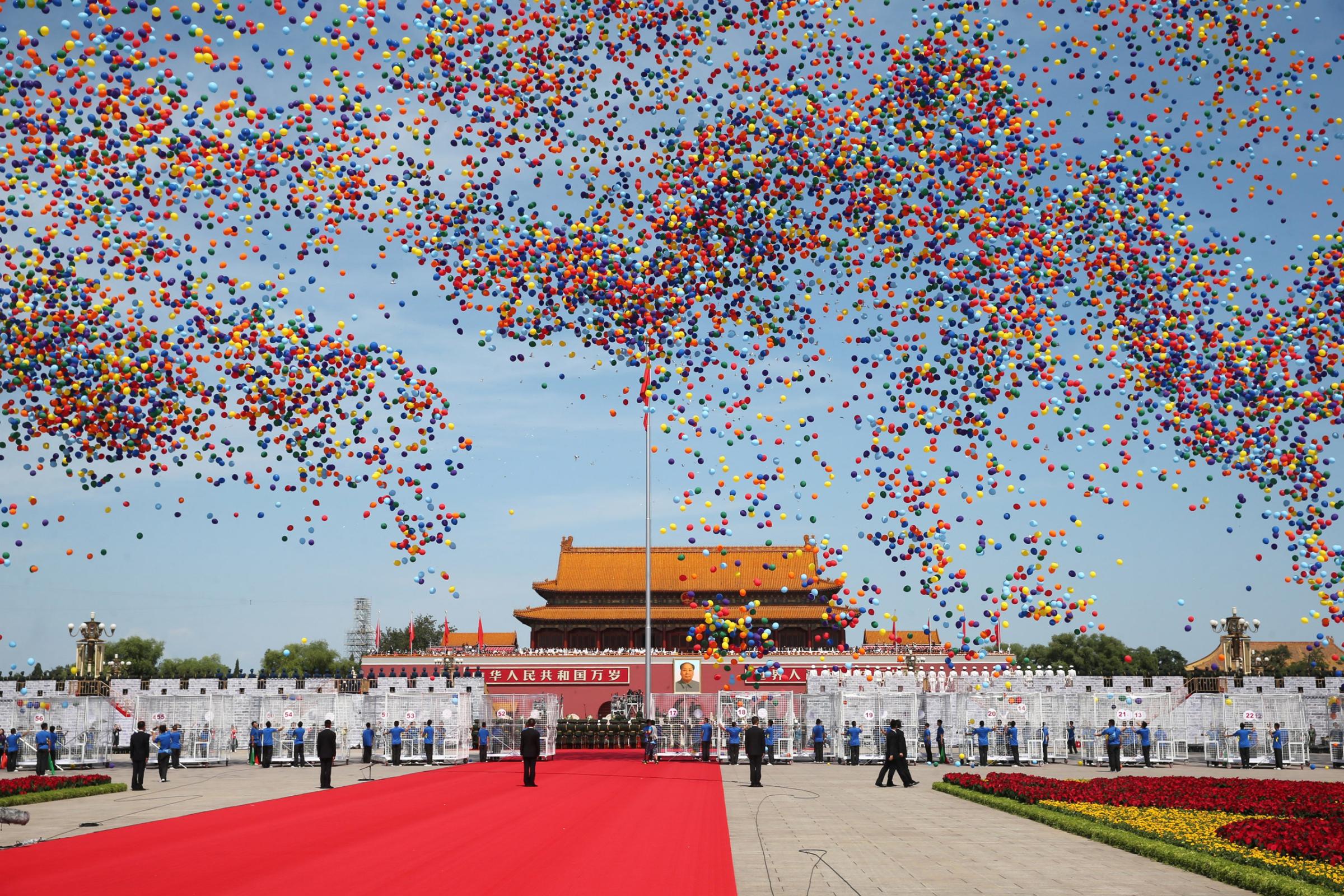

A couple of years ago, that bubble started to burst. The Chinese government tried to stop it, by propping up one market after another, from housing to stocks. But what they really need to do is orchestrate a major shift in the country’s economy. China needs to stop being a place that makes cheap shoes, and start being a place in which consumers prop up the economy, not just at home, but around the rest of the world. It’s not just China’s job to rebalance–the US and Europe have to do so as well–but if China doesn’t, nobody else can. The global economy is a closed loop. What’s more, the shift China needs to make is a very tough act (only three other Asian nations have managed it) particularly for an autocracy. It’s not at all clear yet that China can pull it off.
That’s why, in lieu of the kind of major global rebalancing, central bankers have been left holding the bag. The core reasons we had a financial crisis in 2008 (over-consumption by the West, under consumption in the East) never got fixed and so central bankers were forced to brew up a huge credit bubble that has both sowed the seeds of the next crisis and locked them into low interest rates which further increase market risk without actually helping the real economy. As one of my favorite sources, Bank of England chief economist Andy Haldane, said in a recent speech, “Over the past few months, debate on the global economy has been dominated by news from Greece and China. In my view, these should not been seen as independent events, as lightning bolts from the blue. Rather, they are part of a connected sequence of financial disturbances that have hit the global economic and financial system over the past decade.”
Xi and Obama need a game plan on how to fix those imbalances together. Until then, look for rates to stay low–and for Main Street to be increasingly (and riskily) disconnected from Wall Street.
More Must-Reads from TIME
- Donald Trump Is TIME's 2024 Person of the Year
- Why We Chose Trump as Person of the Year
- Is Intermittent Fasting Good or Bad for You?
- The 100 Must-Read Books of 2024
- The 20 Best Christmas TV Episodes
- Column: If Optimism Feels Ridiculous Now, Try Hope
- The Future of Climate Action Is Trade Policy
- Merle Bombardieri Is Helping People Make the Baby Decision
Contact us at letters@time.com